First, about midweek I get a call from a young woman who found a vulture in her back yard when she came in from school. He wouldn’t fly away, and based on her description and that of her father, I’m pretty sure the bird’s in a bad way. It’s frigid outside, it’s late, and we agree to meet in the morning if he survives the night.
The next morning she calls and we agree to meet…what I didn’t realize is that they didn’t have the vulture restrained…Daddy goes to work and Mama and Daughter load up Sir Vulture to bring him to me. As I get in the car to head for the designated meeting spot I get a call from Daughter, who is just shy of panicked. Sir Vulture decided he didn’t like car rides, came to life in the back seat, and promptly did what vultures do: puked. All in their back seat.
If you’re laughing now, you’ve obviously never smelled vulture puke. Skunk spray is a pleasant smell compared to vulture puke. I mean, stop and think about what vultures eat. Now let that simmer in digestive juices for a while…and then the vulture gets nervous, feels threatened—whatever—and effortlessly upchucks as a defensive measure. Oh yeah…believe me, it will make you gag.
Word to the wise: NEVER allow any animal, wild or domestic, to ride unrestrained in your vehicle. It’s just not safe, for starters, and if they do decide to freak out or puke, a simple cardboard box not only helps confine the smell, it eliminates costly clean-up of seats to remove puke or blood.
Given the smell in their car, Mama and Daughter head back home to transfer Sir Vulture to Daddy’s truck...restrained this time. They get him to me with no further incidents; I give him a cursory look at the meeting site, discover that he’s a turkey vulture, the larger but shyer of Georgia’s two vulture species, and don’t really see anything, but a full exam will wait until I get him home.
He walks around the exam table like he owns it, checks out the computer monitor, decides he doesn’t especially like it, and poops next to the scale. Then he walks to the edge of the table, where we’re all standing with our jaws on the floor, and looks at us as if to say, “Hey, how ya doin’?”
Over the past few days, he’s started hissing at me when I feed him, which is good, but we’re thinking it’s just stress from being confined—been too cold to attempt a release. I’ve talked to Steve Hicks of Bubba & Friends and Kathryn Dudeck of Chattahoochee Nature Center, and we’re all in agreement that once the weather moderates, the best option for this guy is a “soft” release, meaning I’ll put him in my old deer pen, which is enclosed on the sides and open at the top. This will give me a chance to see just how habituated he actually is and give him the chance to fly away freely if he so chooses. If he doesn’t, it’s ed bird status for him, I suppose.
Which brings me to rant #1: Those of you who’ve been reading this blog for a while know that it’s against state and federal law to possess birds without the proper permits. There is a VERY good chance this bird has been in captivity, given his age (over a year old), possibly for most of his life. If this turns out to be the case, I’m gonna have to break out the voodoo dolls and very long hat pins to wreak revenge on the anonymous idiot who ruined this bird—and don’t think I’m joking, either…
I suggest a meeting spot as he walks out to see if his wife has managed to catch the bird. The bird had attempted to get into the water, at which point Wife had discovered that it was tangled in fishing cord. Despite the frigid temps, she waded into the water to get the bird and cut loose what she could see of the cord. At this point I suggest we just meet at Smalley’s. Fishing cord is probably gonna be a four-handed job…I alert Smalley’s and head out.
Wife doesn’t even take time to change clothes or put on shoes; they’re waiting for me when I pull into Smalley’s parking lot, and she’s still damp and barefooted, holding the wet bird wrapped in a jacket—we need more people like her, who put the welfare of the wildlife first!
I get a box from my trunk, where I keep a supply of various-sized boxes, and as we move him into the box, Wife shows me the loose end of the cord, where she’d cut it. It appears to be wrapped around his neck and tangled in his wing, and his legs are raw, probably from the cord she managed to cut off. I’m on low simmer at this point because some idiot didn’t bother to clean up his mess and the bird, actually a great blue heron, is suffering as a result…then she tells me the neighbors said they’d seen the bird by the tree for “two or three” days—and we’d had frigid temps the past several days. Instant full boil…
I get the heron inside, where I see if there’s any of the cord I can ease out of his feathers on my own while I wait. What I discover is that the hook, with the damn rubber bait worm still attached, is through the flesh of the wing and the cord is tangled in the wing and around the neck. Richie Hatcher is pulling Saturday duty, so when he comes in, I restrain the heron for him to begin working the cord loose.
And all this leads me to rant #2: People, I get that fishing is fun and relaxing and all that jazz, but for God’s sake, CLEAN UP AFTER YOURSELF. Leaving cord and hooks and crap laying around isn’t just dangerous for wildlife—what if a child had stepped on that hook or had gotten tangled in the cord, fallen into the water and drowned because s/he couldn’t free him/herself from the cord? Stop and think about the consequences of your actions! And furthermore, if you see a bird that doesn’t seem to be able to fly or acts lethargic or obviously has an injury, by-God CALL someone to get help for that bird! Every state has licensed rehabbers; look up the ones nearest you (you can usually find lists online through your state’s game and fish division) and program their numbers into your phone—you never know when you might need them!
Right now it appears the heron will make a full recovery, but as I said, there’s always the possibility of soft tissue damage to the wing. We won’t know for a while whether someone’s careless disregard for anyone besides themselves has doomed this bird or whether he’ll be one of the lucky ones.
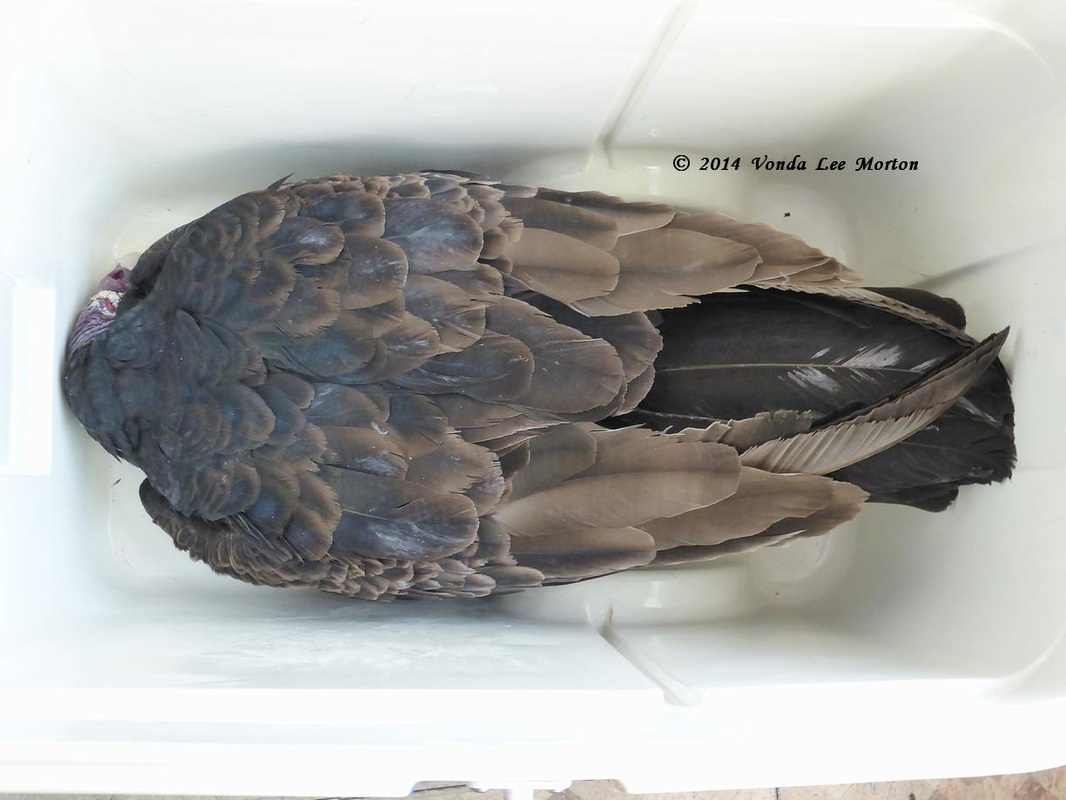
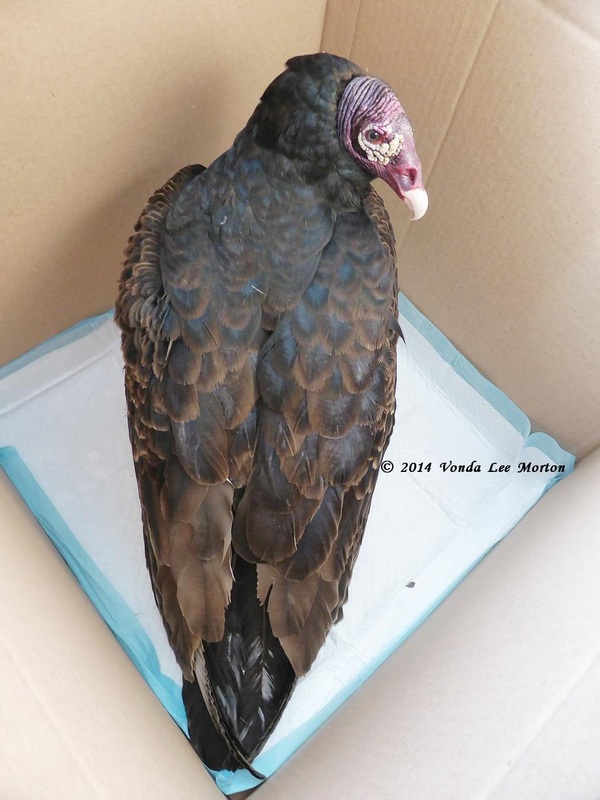
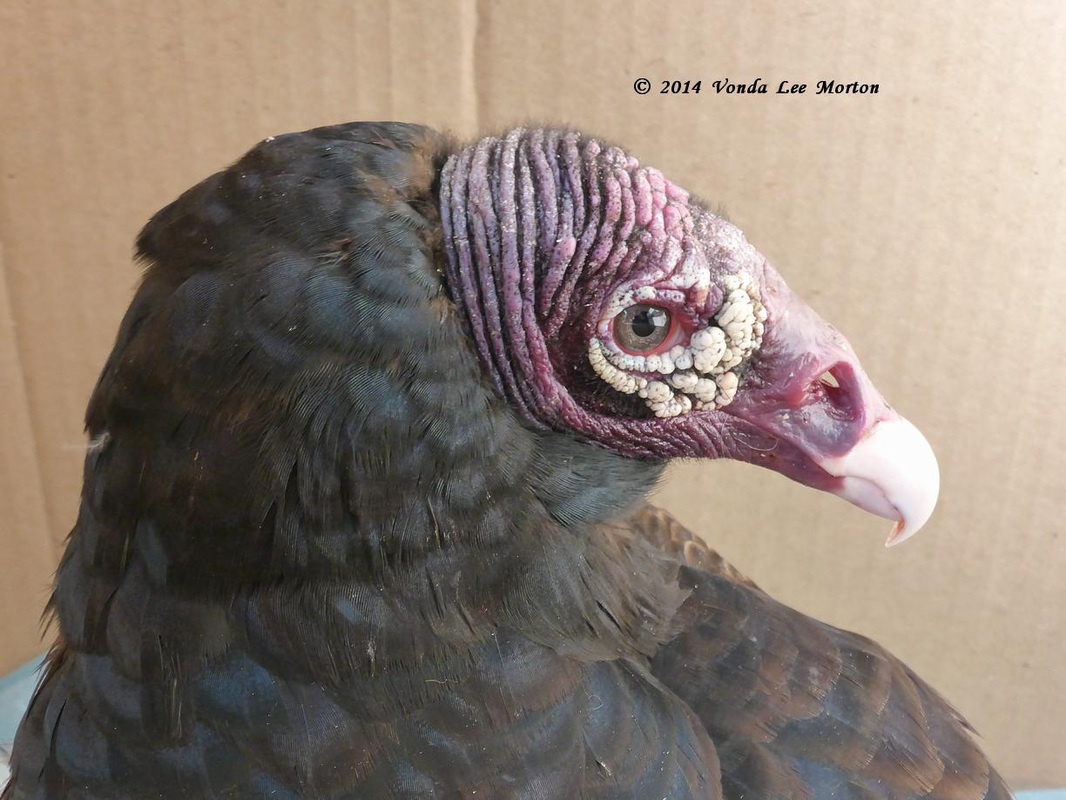
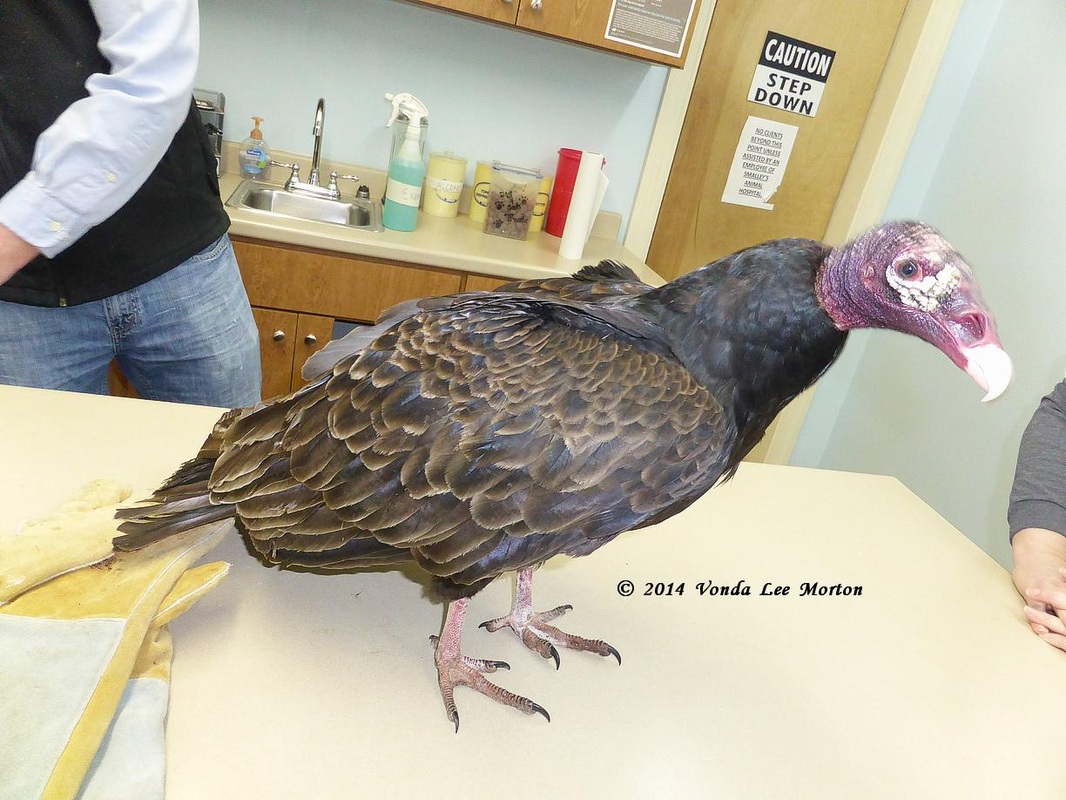
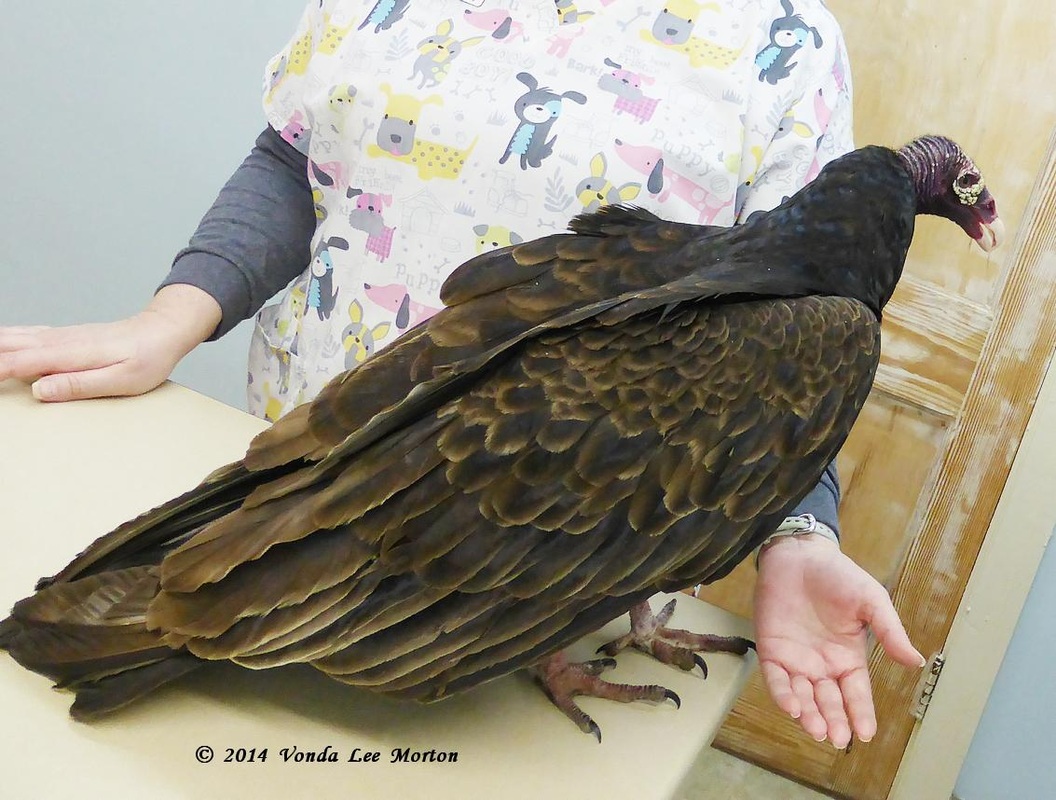
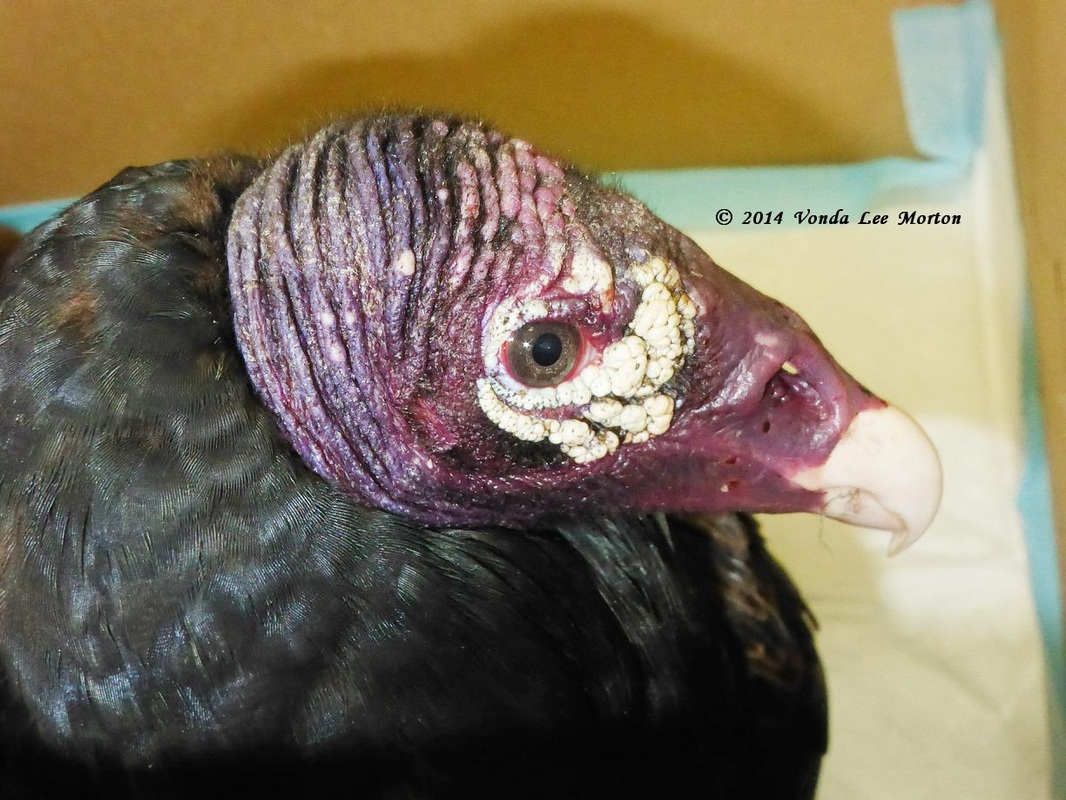
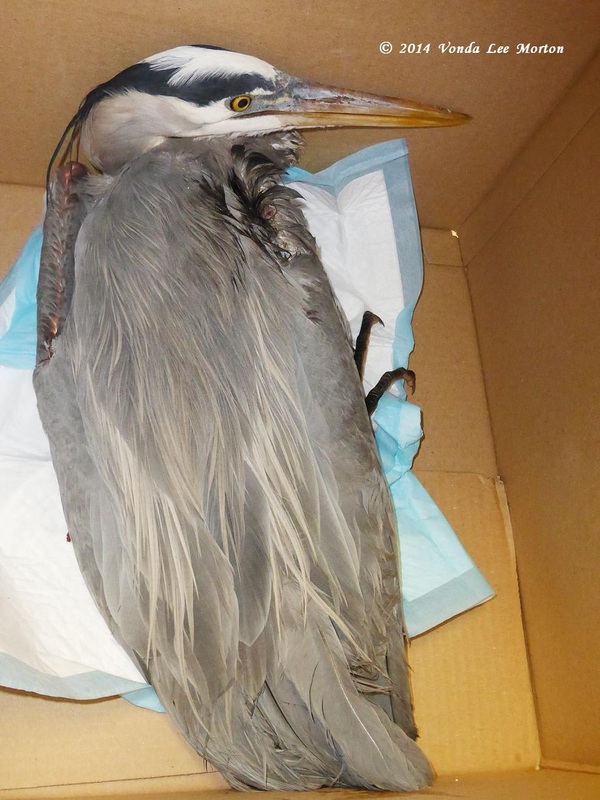
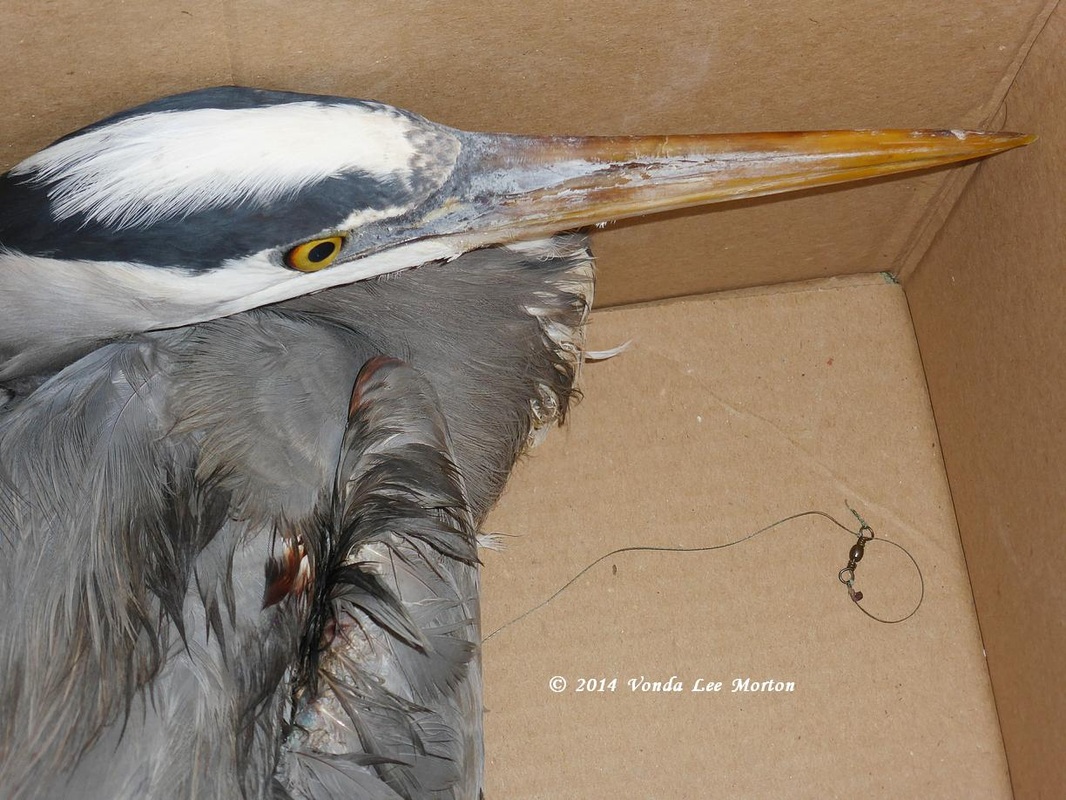
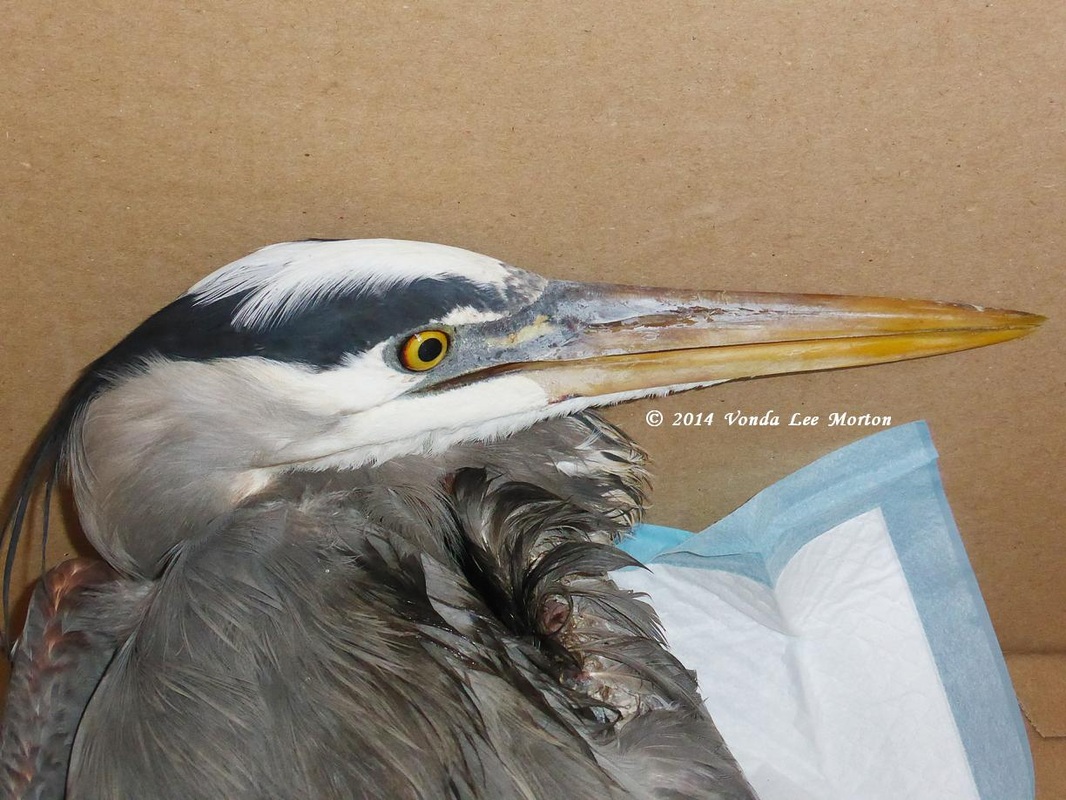
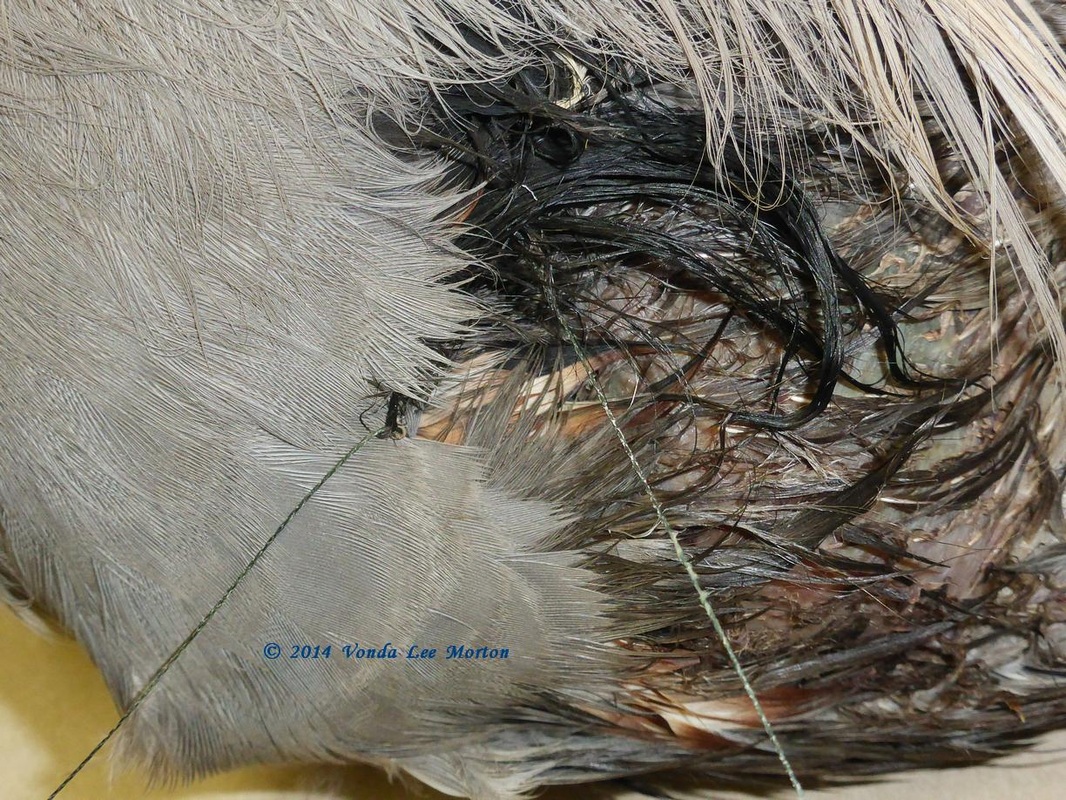
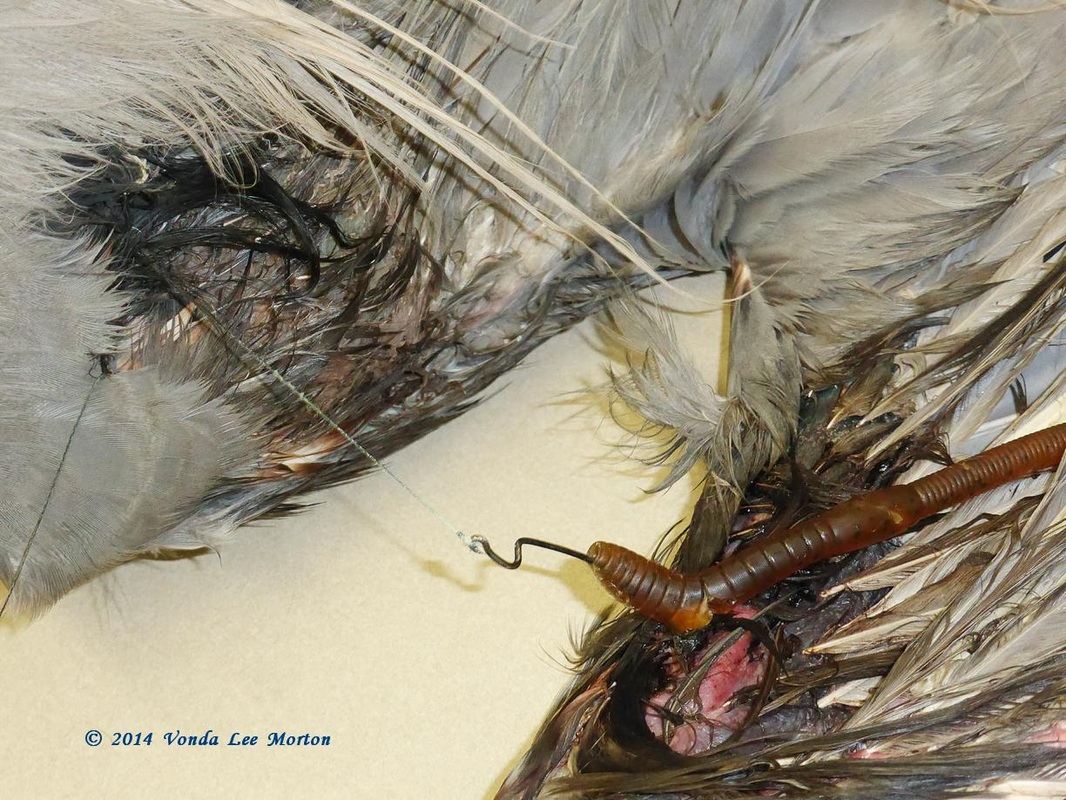
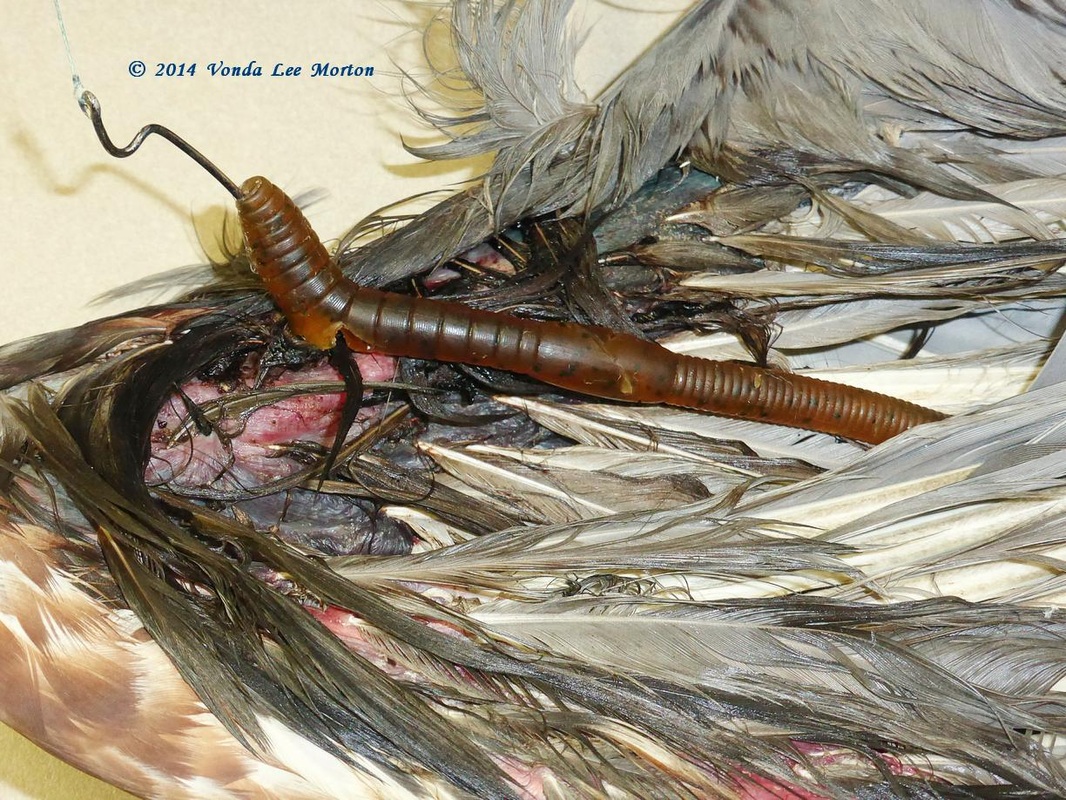
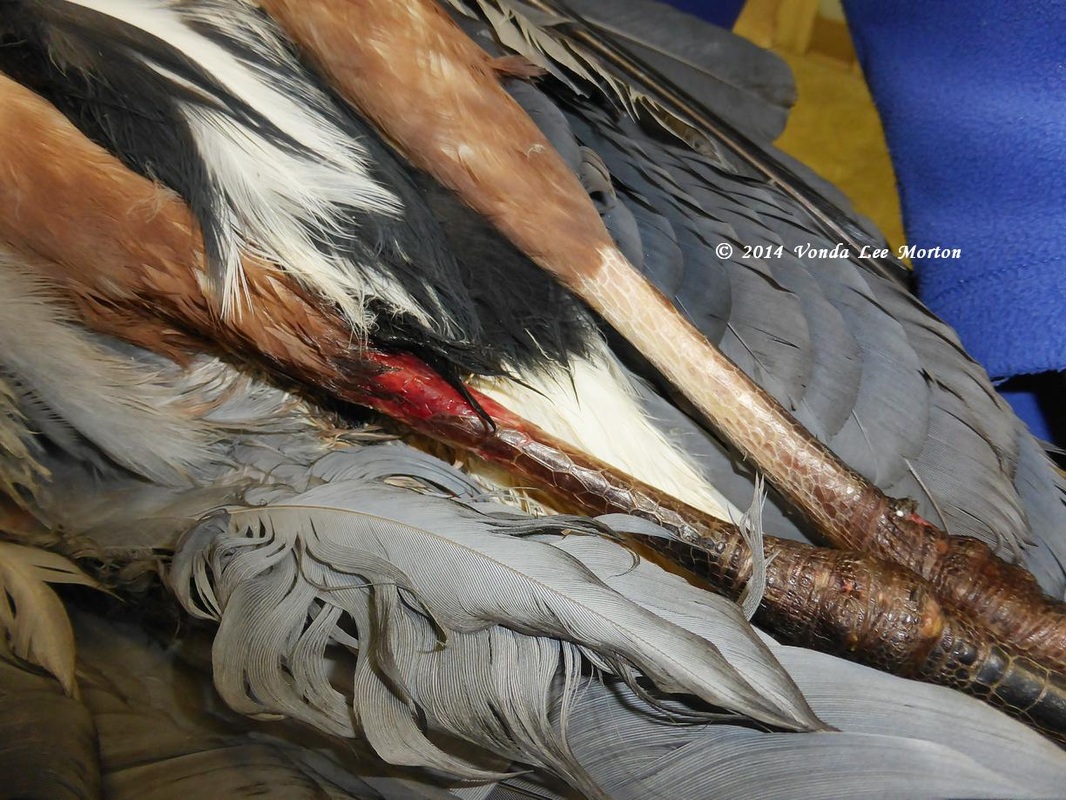
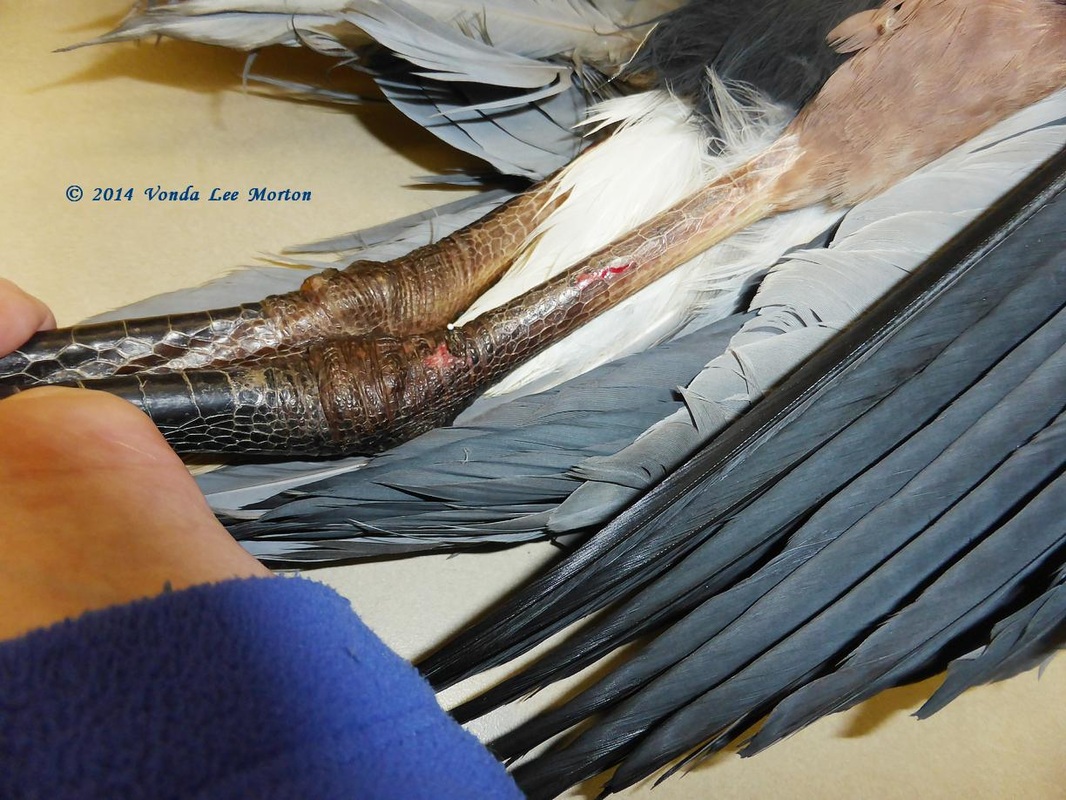
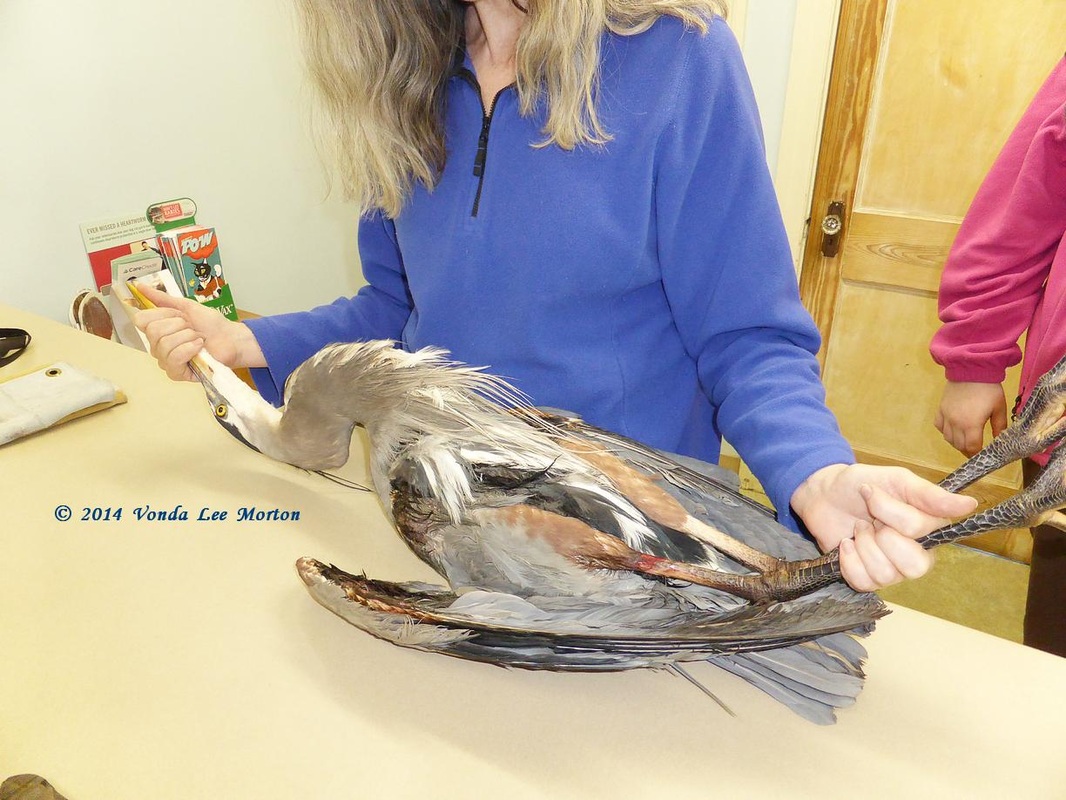
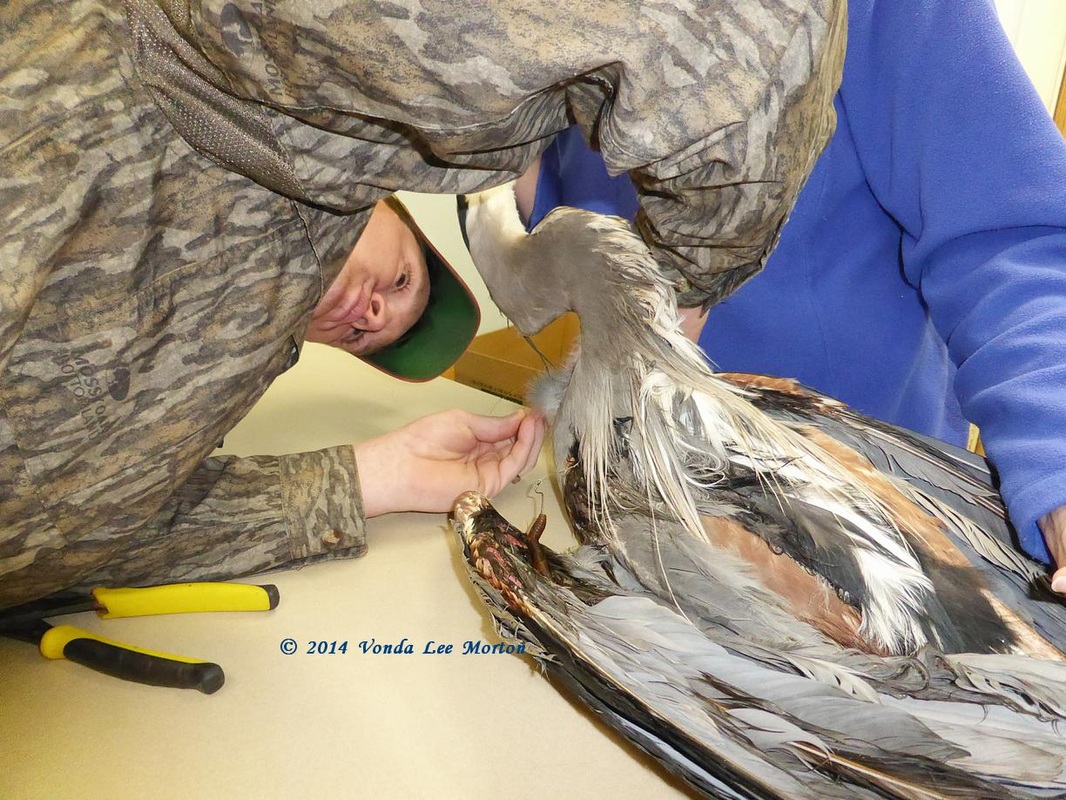
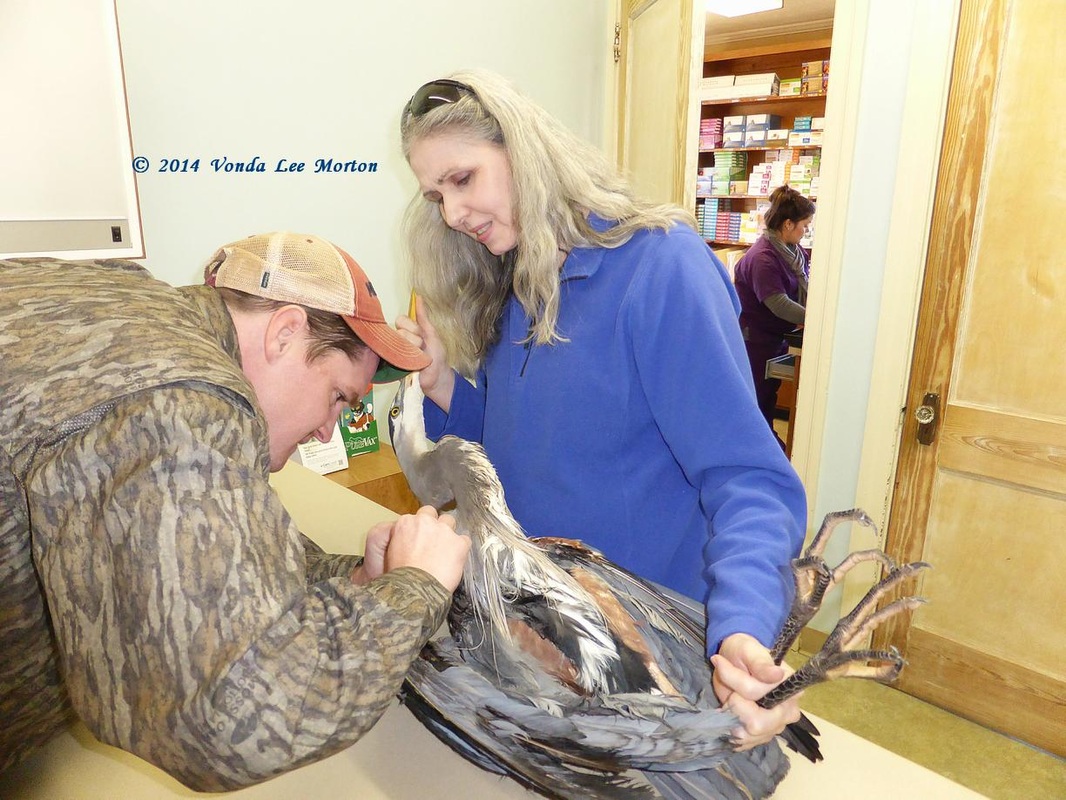
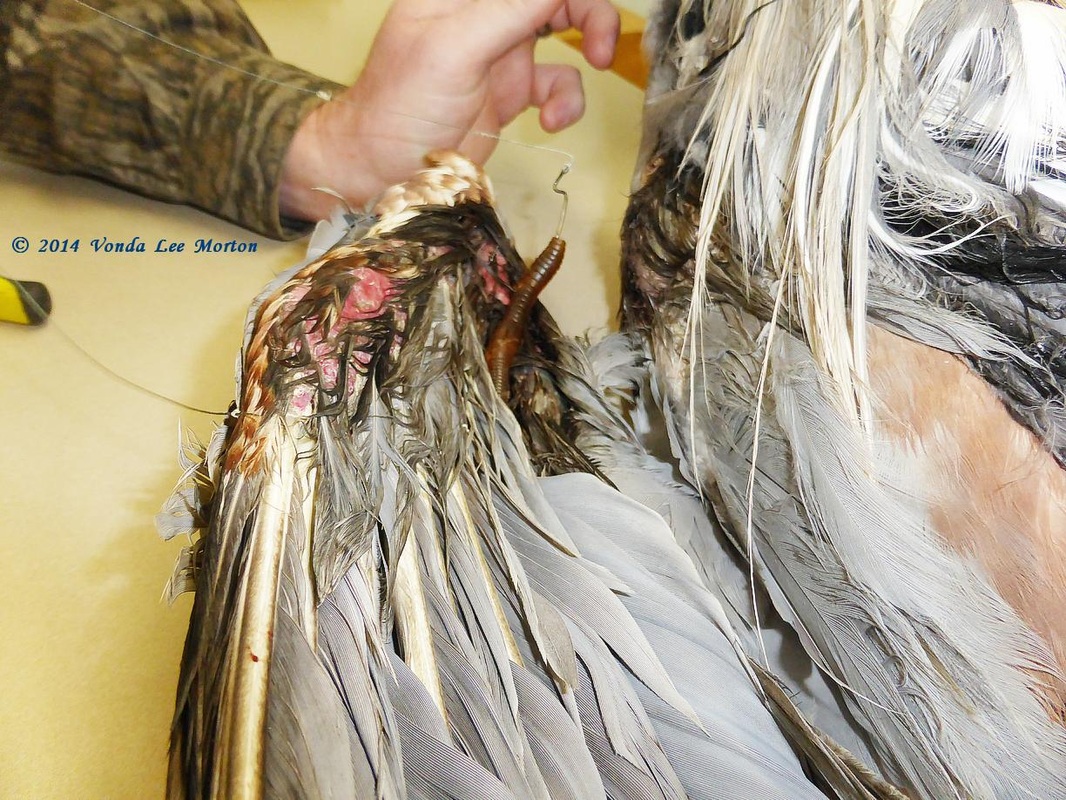
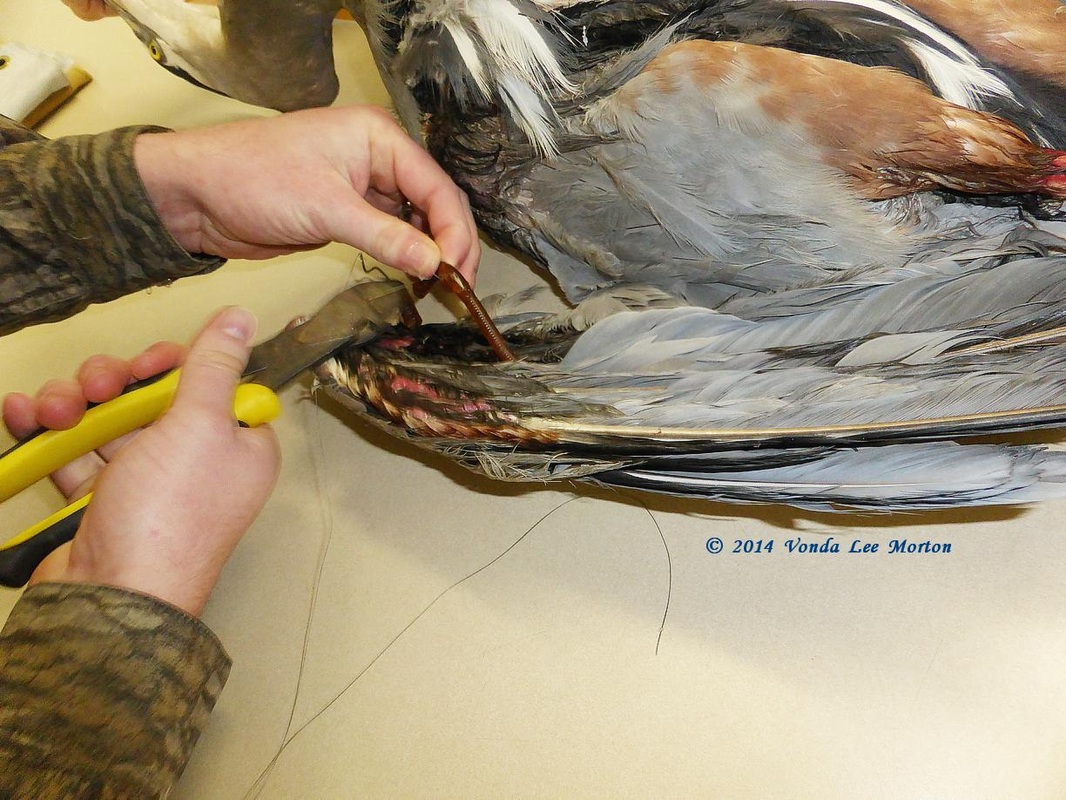
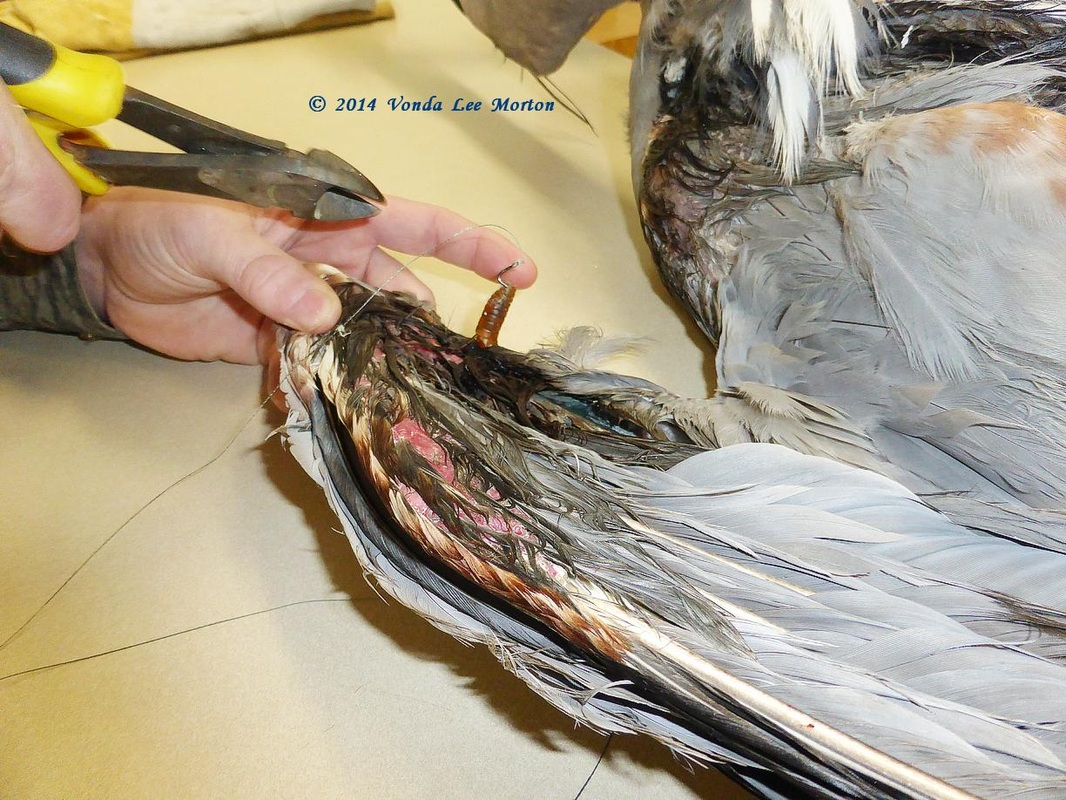
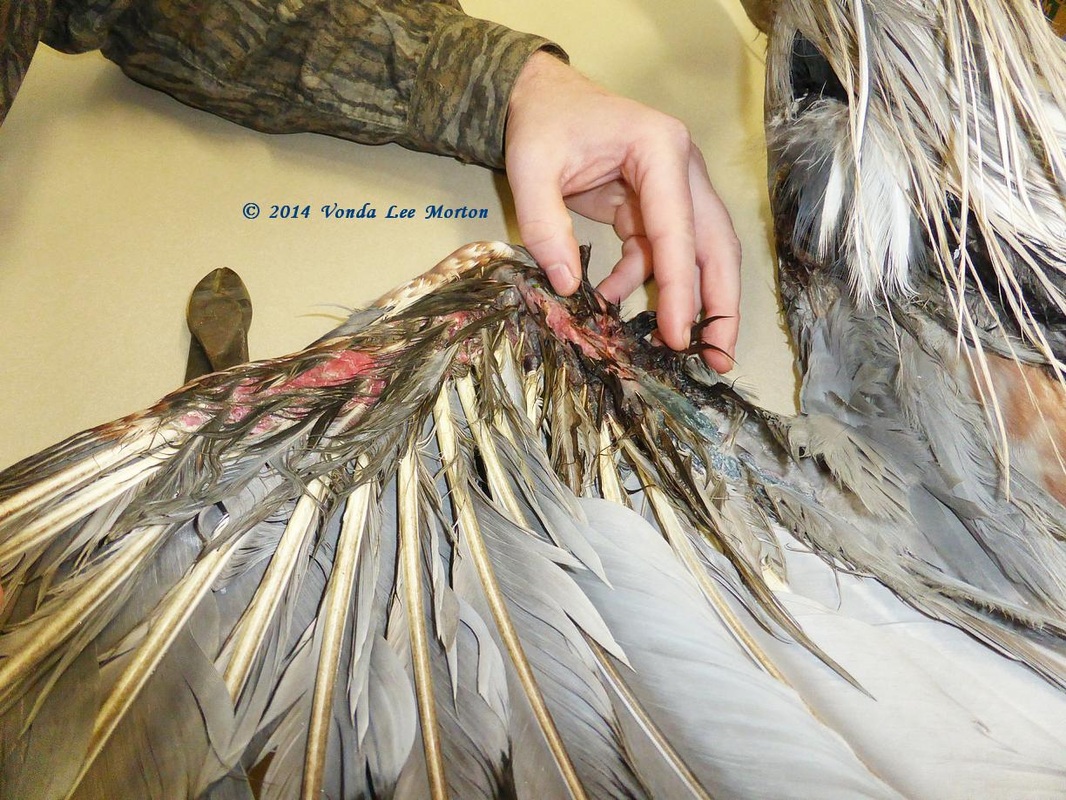
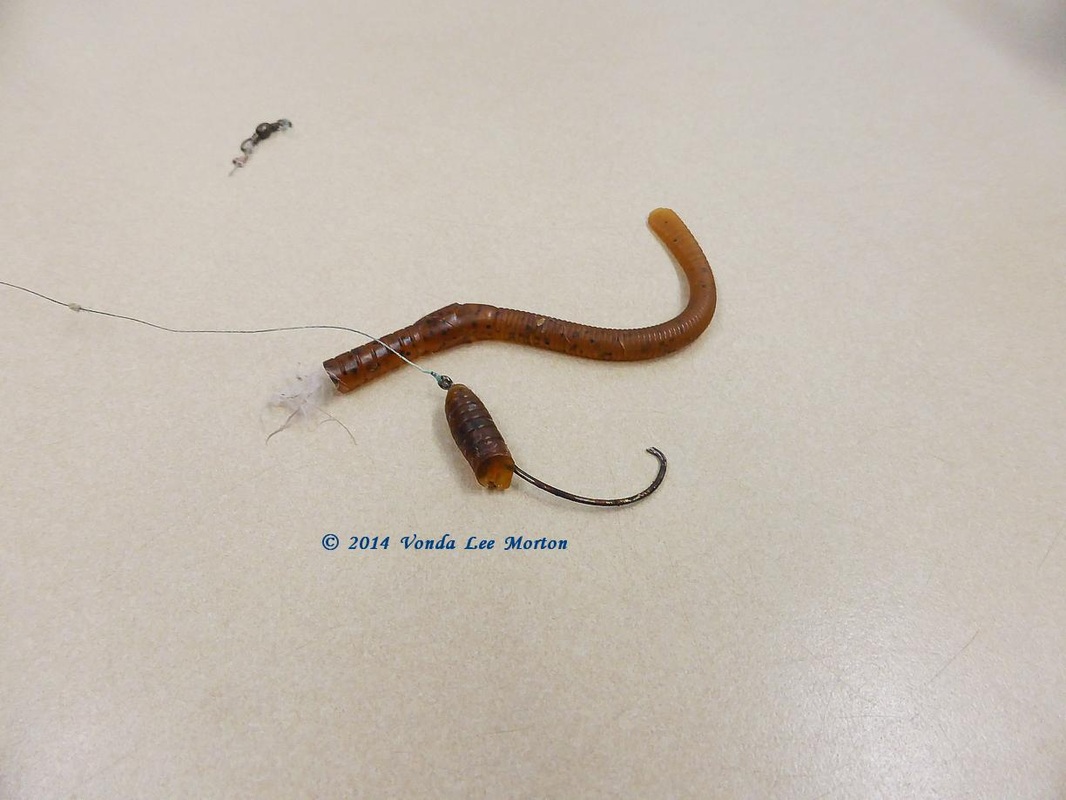
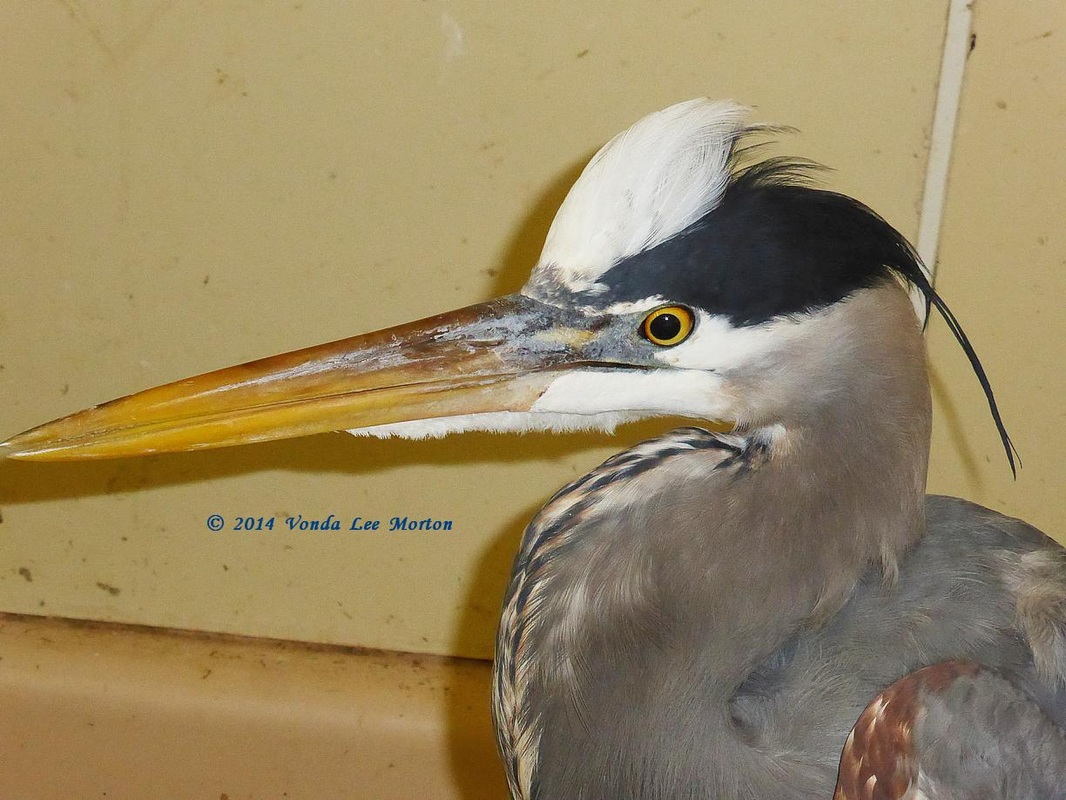
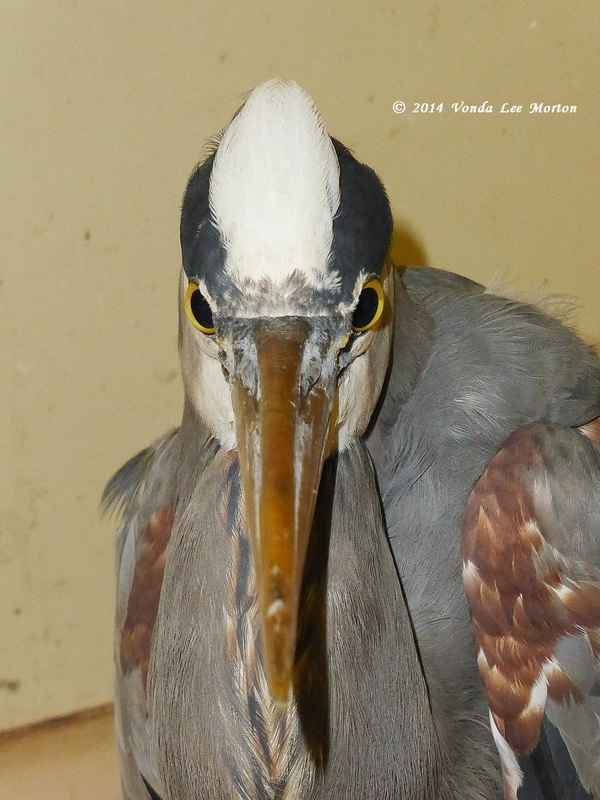
 RSS Feed
RSS Feed
